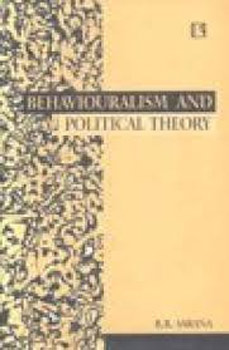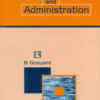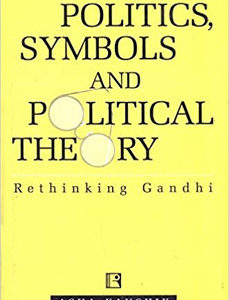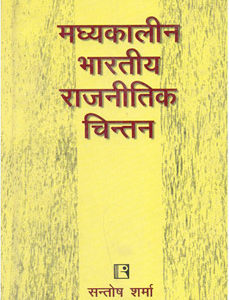BEHAVIOURALISM AND POLITICAL THEORY: Contributions of David Easton and Lucian Pye
₹1,095.00 Original price was: ₹1,095.00.₹876.00Current price is: ₹876.00.
25 in stock
The Behavioural Revolution among other things, prompted political scientists to give a Scientific meaning to terms like ‘model’, ‘theory’, ‘law’, ‘hypothesis’, ‘explanation’, etc., which they had earlier been using in their own way. These terms have a specific connotation in the natural sciences. For the political scientist, however, their meaning has been perhaps somewhat different.
The behaviouralists tried to be scientific in their approach to their work but the constraints of their subject-matter forced a reorientation of their goals. David Easton had set for political scientists the goal of a general theory but, within a couple of decades, was forced to change his views. He advocated “applied” research and “problem-solving” in place of “pure” research. The question, which remains unanswered, yet is: Is a general theory attainable in political science?
The concepts of political ‘culture’ and ‘development’ have been current in political science for some time. To what extent can generalizations based on a particular socio-political-cultural setting be useful in analyzing a system that differs from the first in its essentials? Can ‘development’ be unilinear? These are some of the questions that the author has tried to address in this volume.
| Author's Name | |
|---|---|
| Binding | |
| Release Year | |
| Language | |
| Publisher |
Related products
Political Science
CONTESTING RESERVATIONS: The Indian Experiment on Affirmative Action
Political Science
Political Science
Political Science
Political Science
Political Science
Political Science











